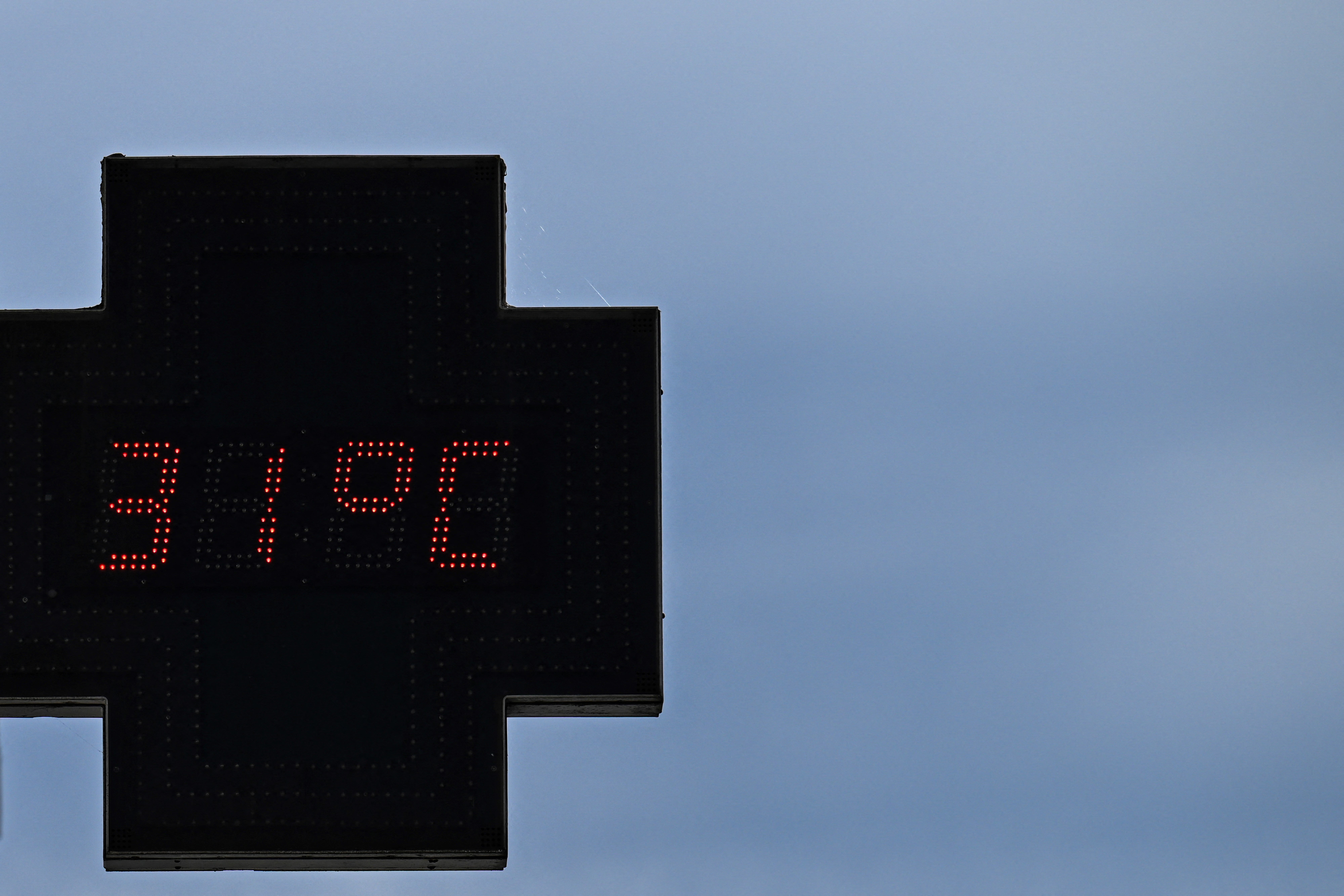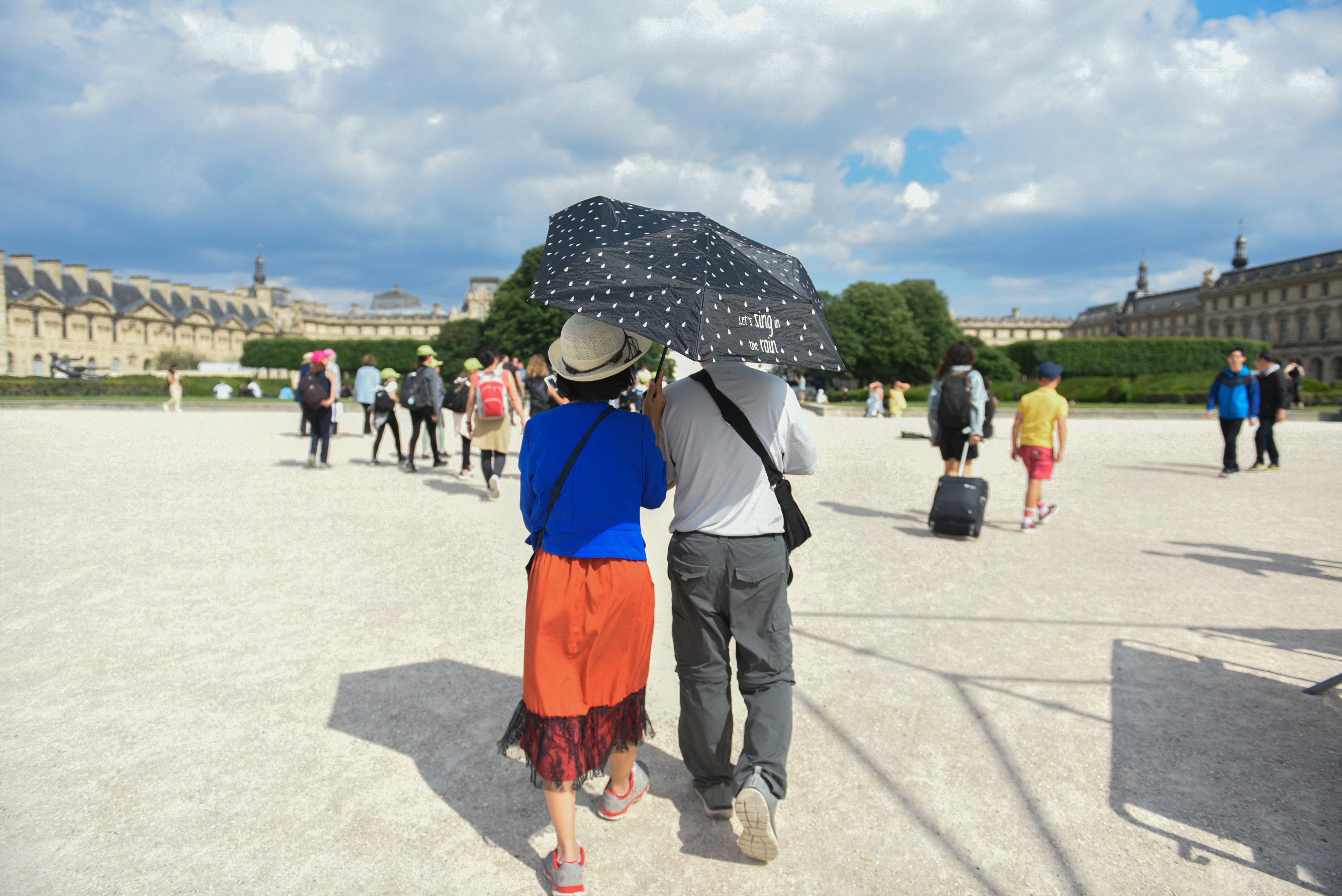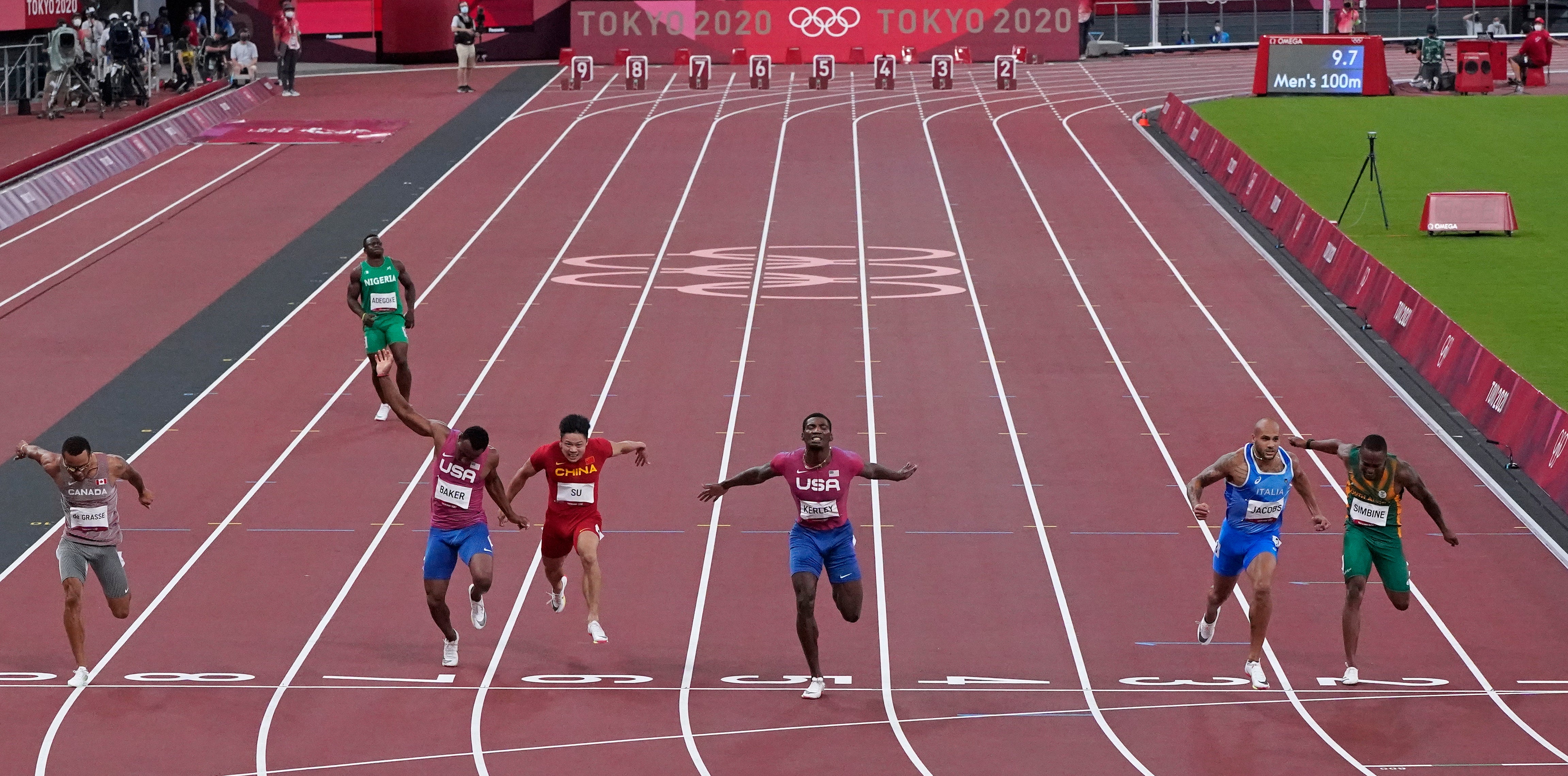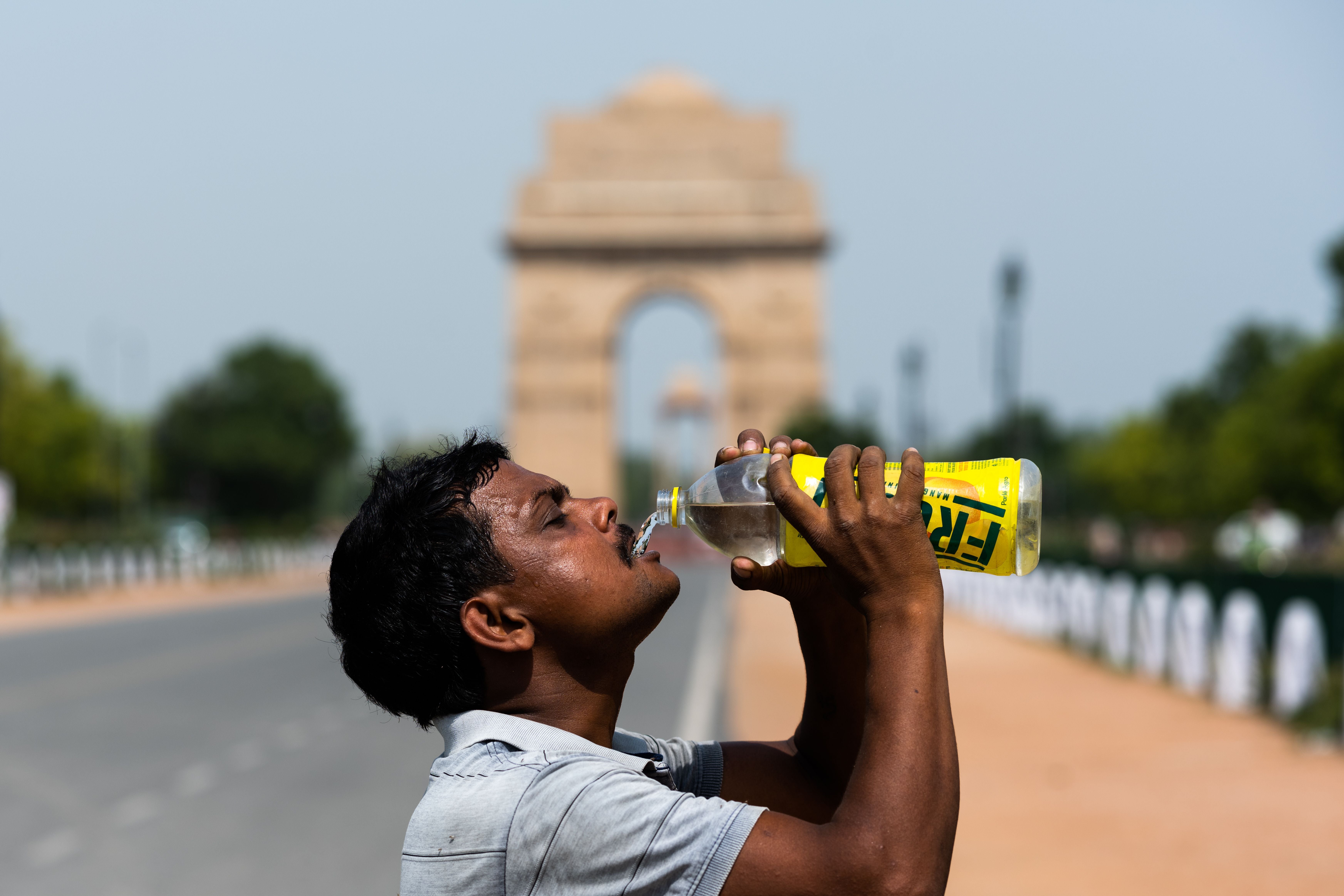Top athletes and experts have warned that sweltering heat in July and August at the 2024 Paris Olympics could cause competitors to collapse, or even worse, die.
A group of 11 Olympians, climate scientists and thermal physiologists from the University of Portsmouth sounded the warning in a new report, “Ring of Fire”, published on Tuesday.
They said the intensifying heatwave and extreme temperatures were limiting athletes’ ability to perform and making them more susceptible to deadly heat stroke, making it “impossible” to host the Summer Olympics.
The average temperature in Paris during the Olympics is expected to be 21 degrees Celsius, but there will be many days when the maximum temperature exceeds 30 degrees Celsius, making it difficult for athletes to carry out strenuous exercise.
“Looking at the direction things are heading and how quickly the climate around us is deteriorating, it’s a frightening prospect,” New Zealand soccer team striker Katie Rood said.
“It’s not in an athlete’s DNA to stop, so I think if the conditions are too dangerous there’s a risk of fatality,” said Great Britain rugby sevens player Jamie Ferndale.

Climate researchers looked at how temperatures have changed since Paris and France last hosted the Olympic Games a century ago in 1924, and their analysis suggested that the average temperature during those weeks in July and August had risen by 3.1 degrees.
The researchers pointed to the 2020 Tokyo Olympics, which was the hottest on record, with temperatures exceeding 34 degrees Celsius and humidity rising to nearly 70 percent.
The Paris Olympics are expected to be the “hottest ever.”
2023 will be the hottest year on record, and 2024 could break that record.

The report also drew parallels with a heatwave that claimed the lives of around 14,000 people in France in 2003.
Ahead of the report’s release, Caitlin Trudeau, a senior research scientist at Climate Central, said there was “no doubt that the global temperature is on a trajectory that will make it nearly impossible, if not impossible, to host the Summer Olympics” without a “concerted effort” to reduce carbon emissions.
The combination of extreme heat and humidity means the body struggles to cool itself down, which can lead to heat stress, dizziness, fatigue and heat stroke.
“It’s not in an athlete’s DNA to stop. If the situation is too dangerous, I think there is a risk of death.”
Jamie Ferndale, Great Britain rugby sevens player
The report recommended moving athletic events to cooler months or times of the day.
Samuel Mathis, a discus thrower on the U.S. Olympic team, said the 2021 Olympic Track and Field Trials were ultimately canceled due to the heat, as they had to be held in the evening despite temperatures hovering around 30 degrees.
“I think in the U.S. and many places around the world, summer competition will be virtually impossible unless it’s held at midnight,” he said.

Climate experts also called for stepped-up hydration and cooling plans for athletes and spectators.
France is trying to make the Paris Olympics “green,” and one of its green measures – a decision not to use air conditioning – has angered participants.
Instead, it will use an environmentally friendly underground cooling system that draws water from the Seine.
So some delegations are taking matters into their own hands. The Washington PostDelegations from several countries are due to show up in the French capital bringing with them a number of their own portable air conditioning units.
Ferndale, who helped prepare the report, said the heatwaves “take a lot away.”
“You get into a situation where you’re literally trying to get through the next phase of play, your hands are sweaty and you just have to focus on catching the ball, and I think that makes the game even worse. It’s also dangerous.”
The British athlete said he wanted the sports world to sound the “wake-up call” to combat global warming and consider adaptation measures such as changing schedules.
“We need to fight for every tenth of a degree we can,” he said.
Many athletes are already suffering before they even arrive in Paris.
Indian star triathlete Pragnya Mohan said he can no longer train in his home country because of the heat.
She said sponsors wanted “more attention” and events tended to be held in the afternoon to maximise attendance, meaning they had to compete in “extremely dangerous” conditions with temperatures exceeding 40 degrees and humidity levels exceeding 80 percent.

The report recommended encouraging athletes to speak out about the climate crisis, fostering partnerships between sports organizations and athletes to raise climate awareness, and reconsidering the impact of fossil fuel sponsorship in sport.
“For athletes, the consequences can be varied and far-reaching, from small issues that affect performance, such as sleep problems or last-minute changes to competition times, to worsening health effects, heat stress and injury,” said World Athletics president and Olympic medallist Sir Sebastian Coe.
“As global temperatures continue to rise, climate change should increasingly be recognised as an existential threat to sport.”










